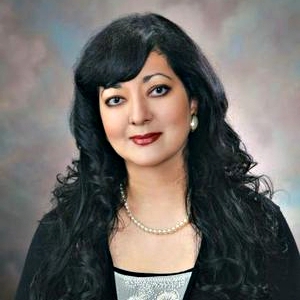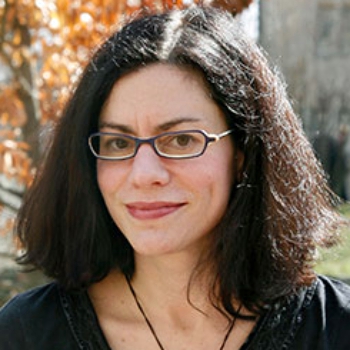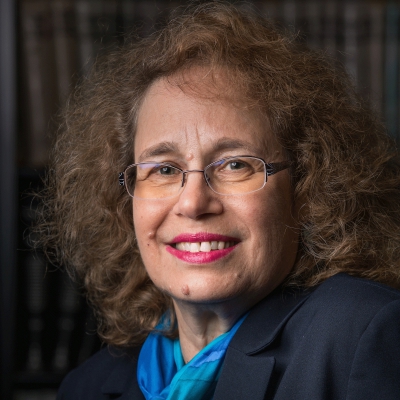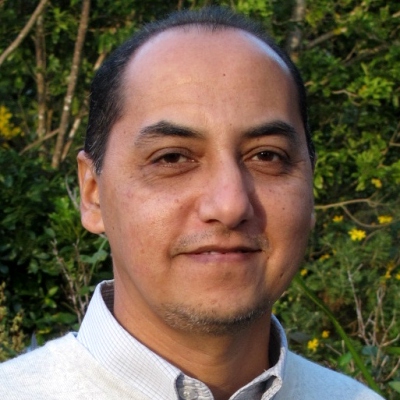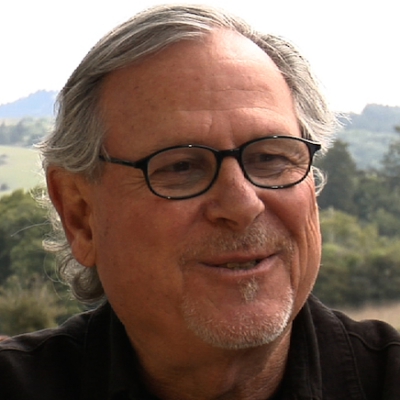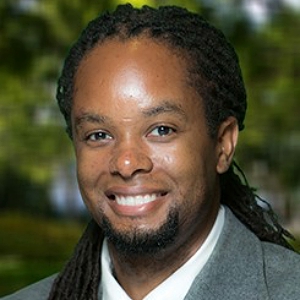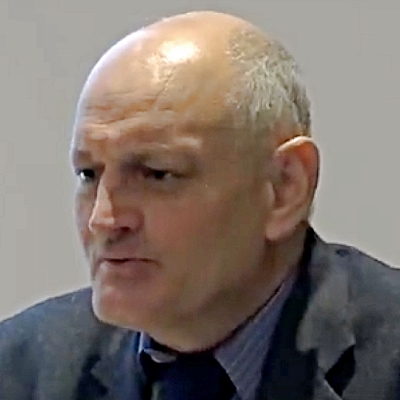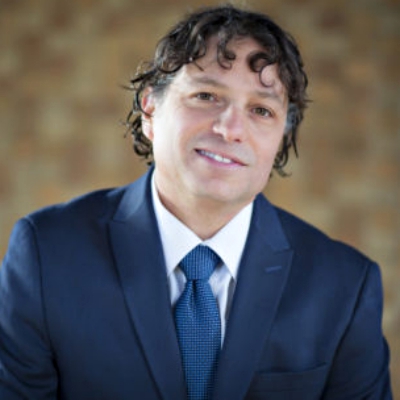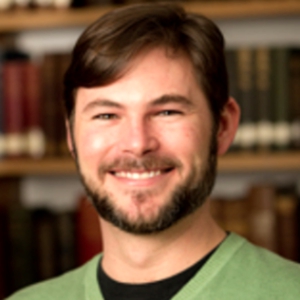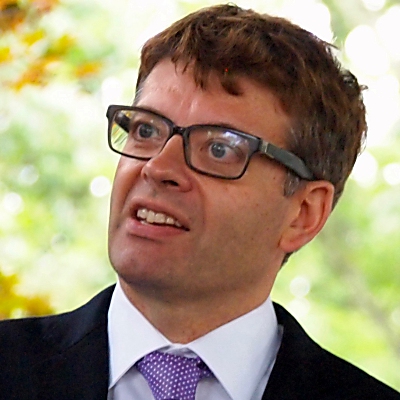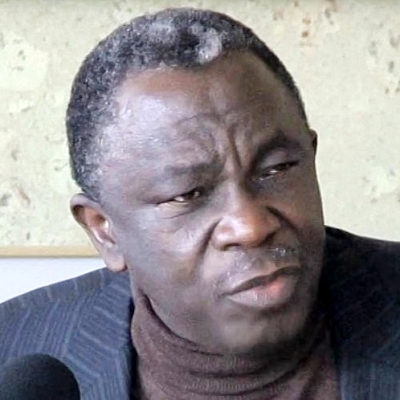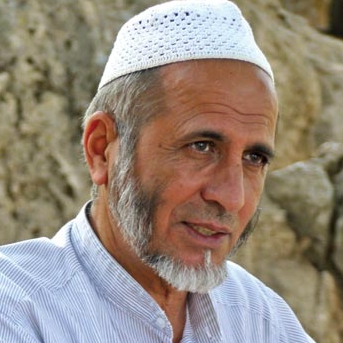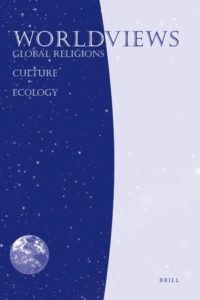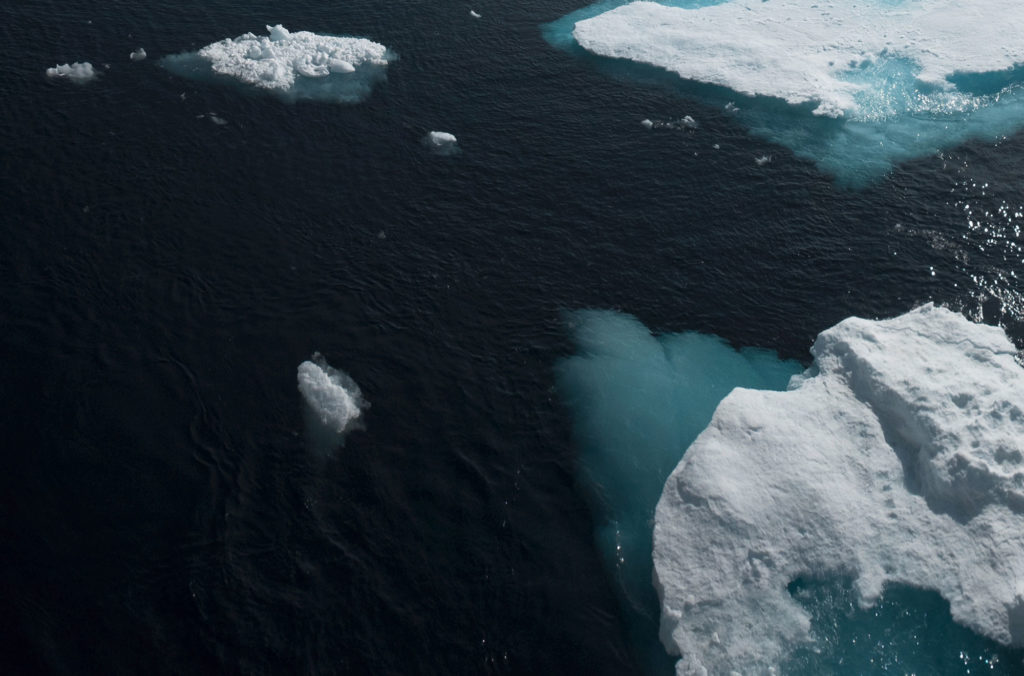
THE SPECTER OF CLIMATE CHAOS: RELIGION, SCIENCE, POLITICS
Summer 2020, New Jersey / USA
International Conference
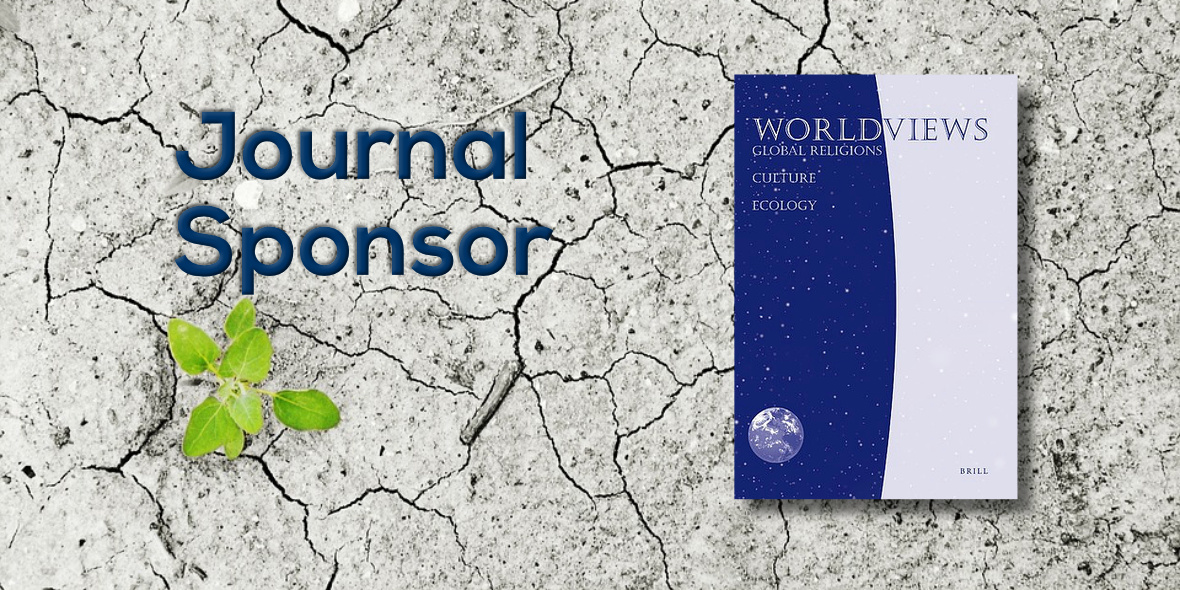
The Specter of Climate Chaos: Religion, Science, Politics

AIS International Conference on climate change, titled “The Specter of Climate Chaos: Religion, Science, Politics” will be held in the summer of 2020 in New Jersey, USA.
What is the place of spirituality today in the face of climatic and environmental instability? In the light of contemporary science and public policy, is the function of religion to ameliorate, or exacerbate, the current crisis of climate disruption? How might scholarly fields such as climate science, religious studies, and political theory contribute to a new understanding of the positive role various faith communities might play in the current climate debate – as well as the negative role such communities might play in their resistance to climate science and political action based on the strictures of their ancient traditions? In sum, this conference will ask: What new forms of social and political action might be possible by faith communities’ efforts to address constructively catastrophic climate disorder, both within their own communities and across other communities?
Current academic and popular discussions of climate change often envision humankind as a homogenous economic group of producers and consumers who see the Earth as a commodified object rather than a living communion of interrelated subjects. Along with future projections of what will happen to Earth’s environment, and thereby to humanity, we often hear about what humans ought to do to prevent environmental collapse. Yet many questions remain about our present situation. Could it be that humankind and otherkind alike are common members of the same natural order, and that all members of this order deserve equal treatment? If this is the case, then we will ask, (1) Which human activities have had the most historical impacts, for good or ill, and (2) Which activities ought to be continued in the future (see, for instance, the discussion on a shift from the “Anthropocene to Capitalocene” eras, in Grusin, 2017) and which activities should be discontinued?
In this call for papers, we hope to stimulate research and conversation about these two questions. We seek papers that will analyze how the human community has reacted to global environmental changes in the past and the present (e.g., denial, cooperation, competition, etc.) in the light of political, economic, social, and religious differences.
In particular, the organizers encourage proposals on questions that integrate rigorous scientific analysis with equally rigorous interrogations of religious discourses and communities.
ORGANIZING COMMITTEE
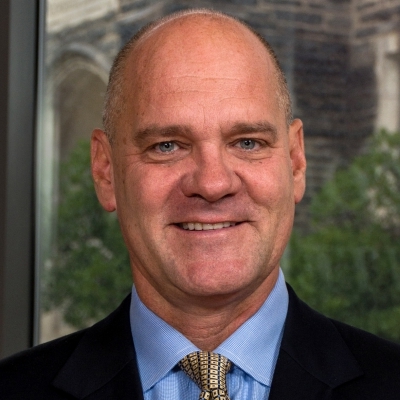
Dr. Jon PAHL is Peter Paul and Elizabeth Hagan Professor in the History of Christianity at the United Lutheran Seminary at Philadelphia. He has also served as Visiting Professor of Religion at Temple University, in Philadelphia, and as Visiting Professor of Religion at Princeton University. Dr. Pahl has published dozens of articles, essays, columns, and reviews; has appeared on media outlets from the BBC to ABC, and is author or editor of six books, most recently Shopping Malls and Other Sacred Spaces: Putting God in Place (Wipf and Stock), and Empire of Sacrifice: The Religious Origins of American Violence (NYU).
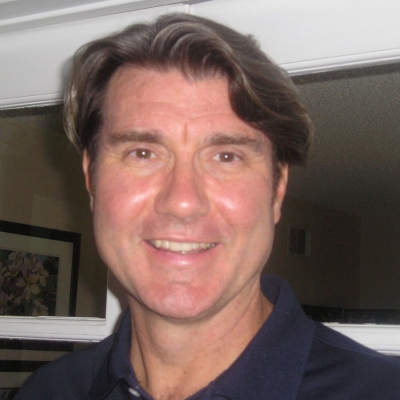
Mark I. WALLACE, Ph.D. graduate of The University of Chicago, is Professor of Religion, Environmental Studies, and Interpretation Theory at Swarthmore College. He is core faculty for the U.S. State Department’s Institutes on Religious Pluralism at Temple University. His teaching and research interests focus on the intersections between comparative religious thought, critical theory, environmental studies, and social change. Recent books include When God Was a Bird: Christianity, Animism, and the Re-Enchantment of the World (Fordham University Press 2018), Green Christianity: Five Ways to a Sustainable Future (Fortress Press 2010) and Finding God in the Singing River: Christianity, Spirit, Nature (Fortress Press 2005).
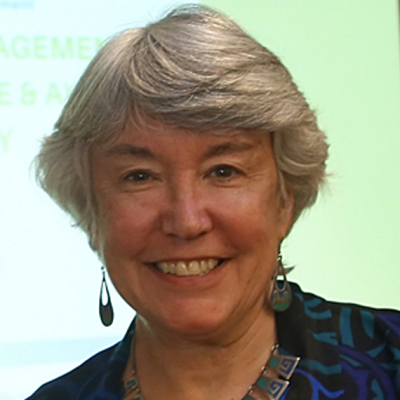
Dr. Laurel KEARNS is Associate Professor of Sociology and Religion and Environmental Studies at Drew Theological School and the Graduate Division of Religion of Drew University, where she has taught certification, masters, Ph.D and D. Min students since 1994. She has researched, published and given talks around the globe on religion and environmentalism for over 20 years. In addition to founding and leading the Green Seminary Initiative, she has been a board member of GreenFaith, and has served on the Sustainability Committees of both Drew University and the American Academy of Religion, where she also chaired the Religion and Ecology Steering Committee.
COMMITTEE MEMBERS
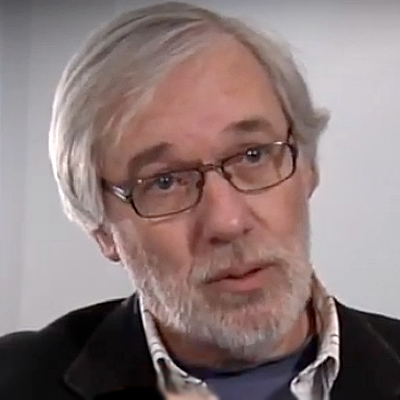
Norwegian University of Science and Technology, Trondheim, Norway
[email protected]
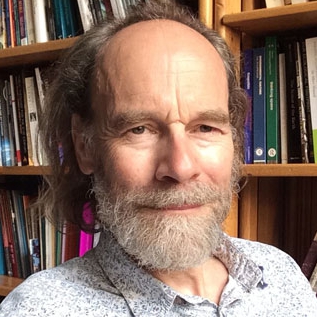
University of Edinburgh, Divinity, Emeritus, Edinburgh, Scotland
[email protected]
Sponsor Journals
Selected abstracts will be recommended for the publication to sponsor journals including Worldviews: Global Religions, Culture, and Ecology,
ABSTRACT SUBMISSION INSTRUCTIONS
Thank you for your interest in submitting a paper for the AIS “Climate Chaos Conference.” Submit your proposal/abstract or full paper electronically via email attachment to [email protected]
ADDITIONAL INFORMATION
Venue
The conference will be held at Drew University located at 36 Madison Ave, Madison NJ 07940, USA.
How to get to Drew
Various options are available to get to Drew University. Check out Drew’s website for all alternatives.
Parking Information
Nearby Sightseeing Places
New Jersey
Things to Do in New Jersey
Liberty State Park
Liberty Science Center
Six Flags Great Adventure
Princeton University
New York City
New York City Official Guide
New York Public Library
Central Park
Metropolitan Museum of Art
Empire State Building
Statue of Liberty
Rockefeller Center
Times Square
Brooklyn Bridge
Chrysler Building
Fifth Avenue
Things to Do in New York City
Manhattan Sightseeing Map
Columbia University

